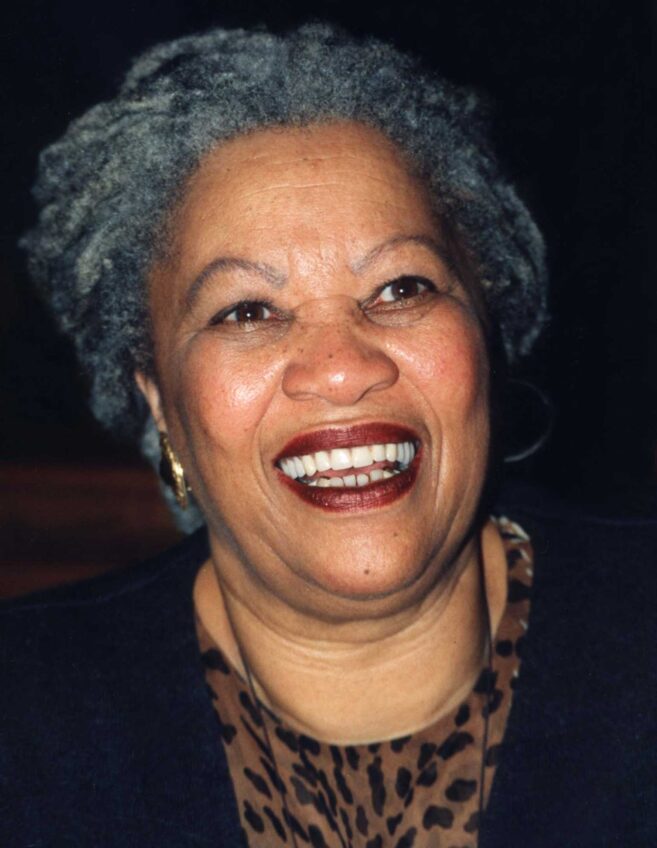The heat doesn’t knock anymore — it barges in. It fills your lungs like smoke, presses against your chest like regret. It sits on porches in poor neighborhoods where the AC never worked or was too expensive to run. It spills into classrooms where the windows don’t open, and the future — our children, sweat through their uniforms. It lingers in the hollows of forgotten wildlife corridors, where creatures once moved with the rhythm of seasons but now pant and perish in silence.
This is not a metaphor. This is the reality of 2025 in America, where the heat isn’t just unbearable — with temperatures soaring as high as 99 degrees Farenheit in New York City, 101 degrees Farenheit in Philadelphia, 118 degrees Farenheit in Las Vegas, to 122 degrees Farenheit in Death Valley, California — it’s a gross injustice. And what makes it deadly isn’t just the temperature but the deliberate dismantling of the tools meant to help us survive it.
Let’s start where the sun hits hardest: Black, brown, Indigenous, and low-income communities. Urban heat islands, stripped of tree cover and paved over with intention, can be up to 20 degrees hotter than wealthier, whiter neighborhoods just a few miles away. These are the ZIP codes where folks already battle asthma from dirty air, drink water from poisoned pipes and work jobs that don’t come with breaks or benefits, much less climate control. The heat lands differently here — it lands on bodies already carrying too much.
But this year, the Trump administration decided that even those flimsy life rafts of protection were too much to offer. They scrapped the National Climate Strategy, defunded the Centers for Disease Control’s environmental health tracking unit and erased heat-specific data portals that helped communities plan. Programs that tracked who was most at risk — seniors, unhoused people, single mothers in public housing — are gone. Not because they failed. But because they succeeded at naming inequality, and that made them a target.
The Justice40 Initiative? Canceled. Grants that helped cities build cooling centers, plant trees, retrofit schools, or educate people about heat illness? Frozen or terminated. And when the Inflation Reduction Act’s environmental justice funding was halted, it wasn’t just dollars that disappeared — it was hope, momentum and thousands of shovel-ready projects designed to protect the most vulnerable from the worst of what’s coming.
Extreme heat is no longer a seasonal inconvenience. It is a mass casualty event.
And it’s not just humans who suffer under this weight. Wildlife, too, is suffocating in a nation that’s shrugged off its responsibility to protect the web of life. The Arctic National Wildlife Refuge — once a sanctuary — is now open to drilling again, its caribou herds disrupted, its migratory birds disoriented by the roar of machinery. The Roadless Rule repeal opens up millions of acres of forest for logging and mining, slicing through ecosystems like a machete. The Biological Resources Division, once the beating heart of U.S. wildlife science, is now gasping for breath after deep funding cuts.
These moves aren’t just negligent — they are acts of violence, slow and sanctioned.
Extreme heat is no longer a seasonal inconvenience. It is a mass casualty event happening in slow motion. In Phoenix, people are dying on sidewalks. In Louisiana, power outages during heatwaves have turned homes into ovens. In rural Texas, farmworkers are collapsing in fields. And still, the administration paints these deaths as personal failures — of hydration, of “resilience,” of preparation — as if people chose not to survive.
But this isn’t about individual choices. This is about a system that chose profit over people, silence over science, and deregulation over life.
We can’t out-organize a federal government actively working against us.
Even the data that once told us how bad things were getting has been suppressed. NOAA’s climate monitoring programs, satellite systems, and regional centers — gutted. NIH climate-health grants — eliminated. And the agencies that staffed this work? Laid off, demoralized or reassigned. It’s hard to fight a crisis you’re not allowed to name. Harder still when those in power rip out the pages before you can even read them.
And yet — we still write. Still witness. Still plant shade trees with our bare hands. Because even now, people are rising. Local groups are building mutual aid networks. Cities are investing in resilience hubs even without federal support. Scientists, teachers, preachers and artists are telling the truth louder than ever before.
But we can’t out-organize a federal government actively working against us. We need infrastructure that protects not just skyscrapers but swamps, not just economies but ecosystems. We need policy that sees a grandmother in a stifling apartment and a red fox in a dying forest as equally worthy of protection. We need leadership that understands that survival is not partisan.
We are living in a nation where the thermostat keeps rising, and the lifelines keep vanishing. The heat is here. And it’s trying to teach us something — not just about the climate, but about who we are. About what kind of country we are becoming. And what we are willing to accept.
Because if we don’t fight for the vulnerable now — if we let them melt quietly into statistics — then we’ve already lost something far greater than shade.
We’ve lost our sense of humanity.
Dr. Mustafa Ali is a poet, strategist, policymaker and activist committed to justice and equity. He is the founder of The Revitalization Strategies, a business focused on moving our most vulnerable communities from “surviving to thriving.” Ali was previously the senior vice president for the Hip Hop Caucus, a national nonprofit and non-partisan organization that connects the hip-hop community to the civic process to build power and create positive change.






